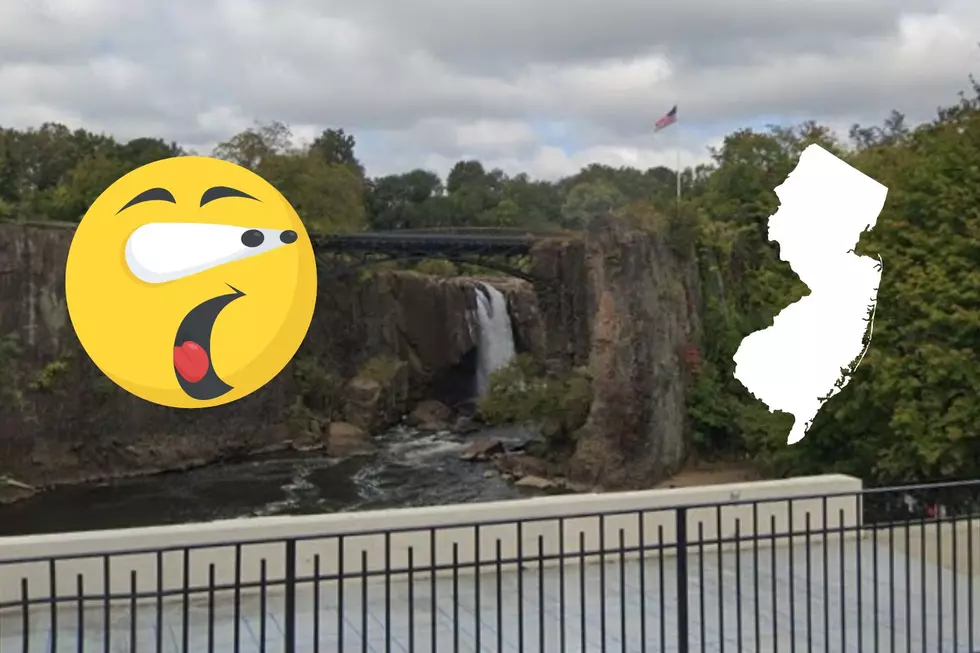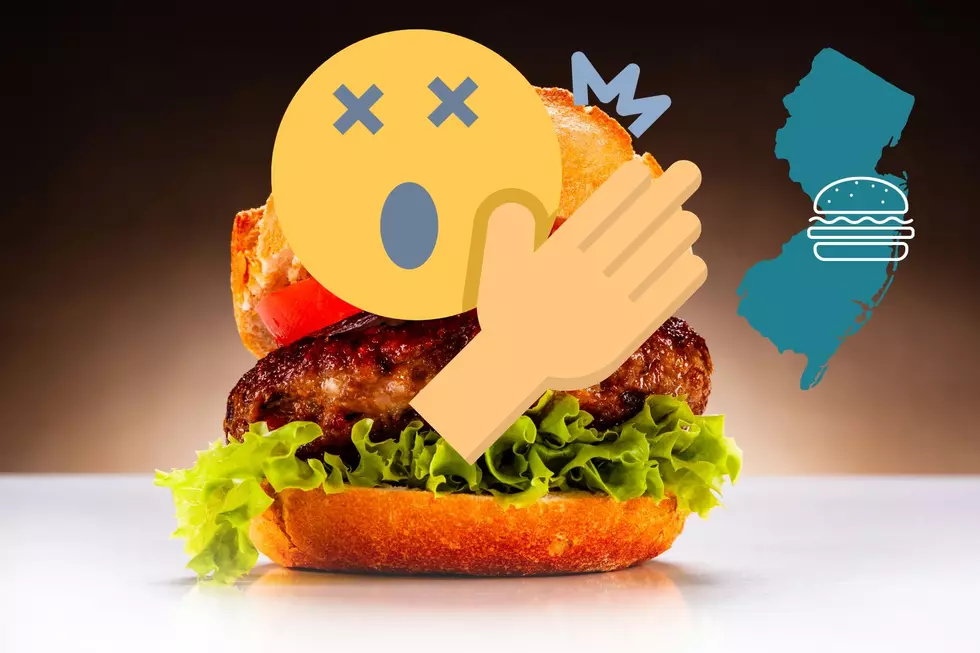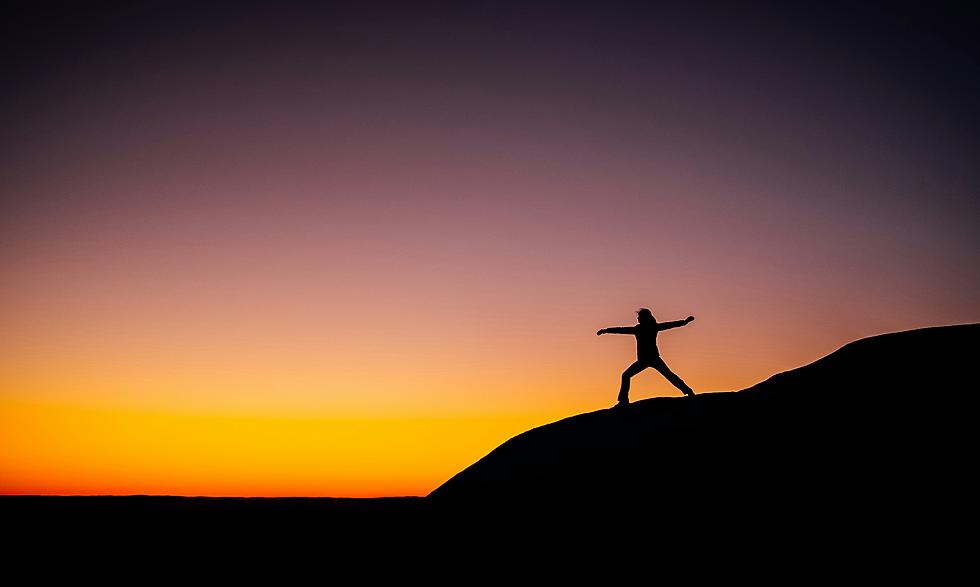
NJ ‘sanctuary city’ mayor recalls fleeing Syria, moving to U.S.
PROSPECT PARK — Up until recently, most people likely had no idea that Aleppo was a city in Syria, much less the damage that war in that country has done to the people who called it home.
For Mayor Mohamed T. Khairullah, Aleppo was home for the first five years of his life. Along with his family's migration to Saudi Arabia before coming to the United States when he was a teenager, it's an experience that gives him an uncommon perspective on immigration.
He said it also makes the recent ban implemented by President Donald Trump on seven predominantly Muslim countries hit closer to home than it might for other elected officials.
Khairullah last week issued an executive order making the Bergen County borough a so-called sanctuary city, meaning that residents can avail themselves of municipal services without fear that officials will hand them over to federal immigration authorities because of their citizenship status.
Prospect Park, he said, is 40 percent Latino, 10 percent Arab and Muslim, with immigrants from other parts of the world. He believes it is a place where people should feel safe no matter where they come from or what their citizenship status.
"Being that we are a town of immigrants, I wanted to let our residents know that Prospect Park will continue to welcome immigrants, and that they are to feel safe when they come to the municipality for any services or any of their needs."
He added that Prospect Park, "was established by Dutch immigrants in 1901, so it's a town of immigrants throughout its history. I didn't do it without thinking about our history and our values."
Khairullah, who ran for office for the first time in 2001, said he was glad to come to a country where he could be part of the democratic process.
"I came to the United States as an immigrant and I appreciate everything that this country stands for and it means a lot to me," he said. "I come from a country where a dictator ruled, and where a dictator became president when the parliament tailor made the constitution to fit him so he could become president after his father."
The actions by Trump, he said, do not align with the reasons he and his family made the trip halfway across the world to make a new life here.
"To me, our laws and our constitution are a beautiful, beautiful document that were created by our forefathers. The president, with his actions, particularly banning the Muslim part, really, I felt disregarded the constitution, disregarded our laws."
The presidential order does not ban Muslims but is ostensibly aimed at citizens of nations that sponsor terrorism.
Having seen firsthand what like under a dictatorship can be like, Khairullah said he does not want to see anything like that in his adopted homeland. "I'm here because I want the dialogue to continue," he said. "Immigrants and refugees are not their enemies."
Khairullah said his advice on how to best handle the refugee situation here is to change the country's approach abroad.
"If we don't want to own people's problems then we shouldn't interfere in their problems to begin with," he said. "Our country should not be propping dictators in the Middle East and allowing them to rule with an iron fist over their people and then not expect these people to flee."
Because of the conditions in these countries, Khairullah said it makes people want to find better lives elsewhere. "People don't just want to leave their homeland and run away and come to the U.S.," he said. "They come to the U.S. because they see better opportunities for them and for their children."
Even as an immigrant, Khairullah said he still believes in "strong borders," but not at the expense of other people's rights and freedoms. "We can't lose our values and our principals," he said. "People look up to us as a nation of hope, as a beacon of freedom."
Khairullah also has issues with Trump's plan to build a wall along the border with Mexico.
"Building walls is not going to protect us. By reaching out and giving people hope, that's how we protect ourselves when people come to us as a land of opportunity."
Having migrated himself more than once, he said, "All that a wall is going to do is add to our debt. I've crossed land borders, and a wall is not going to prevent people from sneaking into a country. They will dig tunnels, they will swim rivers, they will do the impossible to cross land crossings."
While Trump's executive order works its way through the court systems, Khairullah said it is important to remember that this is a personal aspect to keep in mind.
"All these refugees and immigrants who came to the U.S., particularly the Syrian refugees that I have been interacting with, they're all looking for jobs, they're all looking for opportunities to prosper, and for their children to grow up in a better environment."
And while Trump has called for "extreme vetting," Khairullah said there is already a thorough process in place which immigrants go through.
"We have a very thorough vetting process that does not allow anybody to come in if there's an ounce of doubt that they are not who they claim to be."
Whatever the results of the court case, Khairullah said he hopes this is just the start of a much larger conversation.
"This is only a portion of it. This is the president picking on who he thinks are the most vulnerable, are the weakest, so whether he thinks he can attack Mexicans, or whether he thinks he can attack Muslims, the general public is is saying 'No, we will not stand for this.'"
More From New Jersey 101.5
Contact reporter Adam Hochron at 609-359-5326 or Adam.Hochron@townsquaremedia.com
More From 92.7 WOBM










